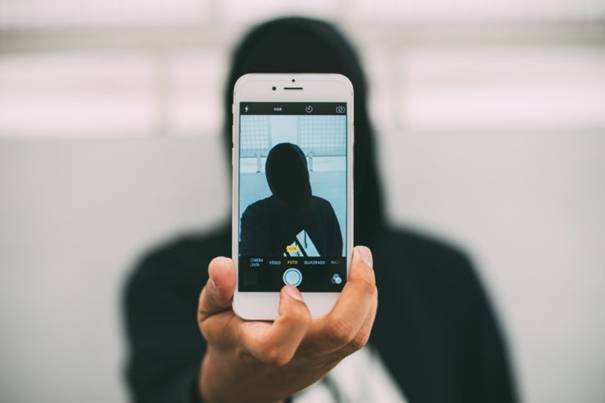
There are often misunderstandings when it comes to the anonymity of Bitcoin transfers. Because unlike many people believe, Bitcoin cannot be used for absolutely private trading. Because payments with Bitcoin are not anonymous, but pseudonymous.
This is due to the fact that past transactions that ran via blockchain technology cannot be changed afterwards. This is at least what the innovative technology promises. Basically, Bitcoin’s blockchain is a publicly accessible cash book that displays all legitimate transactions that have ever been made. This has the advantage that every network participant can examine the transaction history completely independently and check its flawless functioning.
What you'll learn 👉
Cash is the only truly anonymous means of payment
But there are also disadvantages to the pseudonymized transaction history of Bitcoin. One of them is the lack of privacy. Cash is still the only real means of payment that is anonymous. The lack of privacy is particularly problematic for a peer-to-peer electronic cash system.
So anyone who has always wondered how to move anonymously in the Bitcoin network will find ways and means to remain more anonymous as a Bitcoin user in the following.
Crypto-exchanges require a KYC process
In order to establish a connection between pseudonymous Bitcoin addresses and real persons, a link to the offline world is required. If you want to buy Bitcoin at all, you first have to exchange Euro or another Fiat currency for Bitcoin. Crypto exchanges are usually used for this purpose. And in order to make use of a crypto exchange, it is necessary to register on the website – and this requires (at least in most countries) a prior know-your-customer process. This is where the connection to the analogue world is established.
This means that a person cannot remain completely anonymous. If, for example, a law enforcement agency asks for the Exchange data of a suspect person and obtains access to the data, the privacy is gone. In the past, cases like those of the bitcoin.de crypto exchange showed that some crypto exchanges do not even hesitate to surrender data without a court order.
Decentralized Exchanges guarantee anonymity
So if privacy is important to you and you absolutely want to remain anonymous, you should make use of a DEX, a decentralized exchange. A DEX is based on a blockchain and is therefore not bound to a physical location. A decentralized exchange is therefore difficult to define from a regulatory point of view. To be precise, it is not even a legal entity. Even though this type of exchange is still in its development, projects such as Bisq and Bithumb DEX are two promising examples.
Frequent change of addresses
Another way to achieve anonymity is to change addresses frequently. If you use the same Bitcoin address over and over again, you risk that patterns can be easily derived. So if you use a new address for every transaction, you use a very good technique of obfuscation. Ledger Nano S and other modern wallets make this possible without any problems. Due to the SHA-256 algorithm, the possible number of obtainable Bitcoin addresses is virtually unlimited.
Bitcoin mixers disguise the origin of a transaction
Another way to remain anonymous is to use so-called Bitcoin mixers or bitcoin tumblers. This means that inputs and outputs of Bitcoin transactions cannot be linked to each other. This method works as follows: The Bitcoin user first sends the specified number of coins to a so-called “processing server”, which mixes its own transaction with transactions of other network users. At the end a final output to the destination address is created.
At this point in time, it is hardly possible for external persons to determine where the transaction comes from. Only different inputs and outputs can be read on the server of the mixer. Now it is no longer possible to trace which input can be assigned to which output. The more often you mix your transaction, the more anonymity is required. Before choosing a Bitcoin mixer, you should take a close look at it in advance to avoid falling for fraud. After all, users must first send their Bitcoin to the mixer’s server – so be careful!







